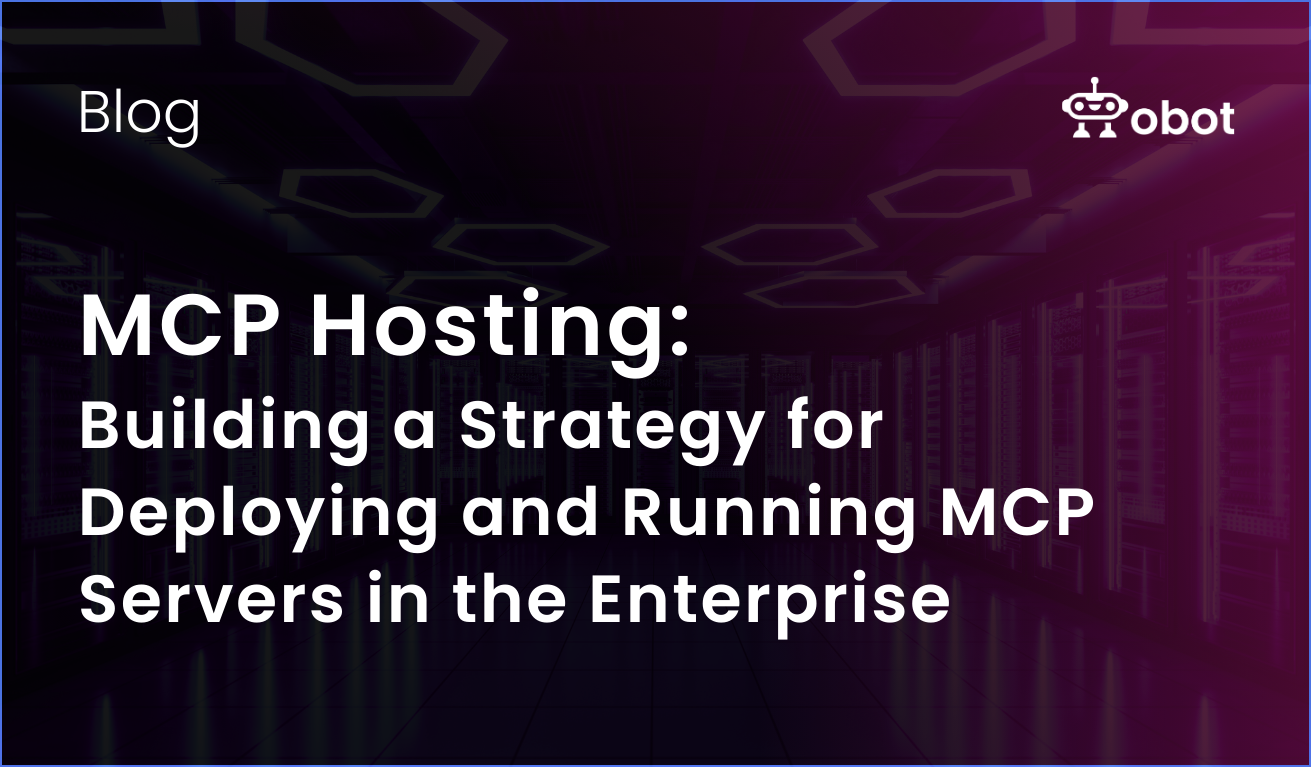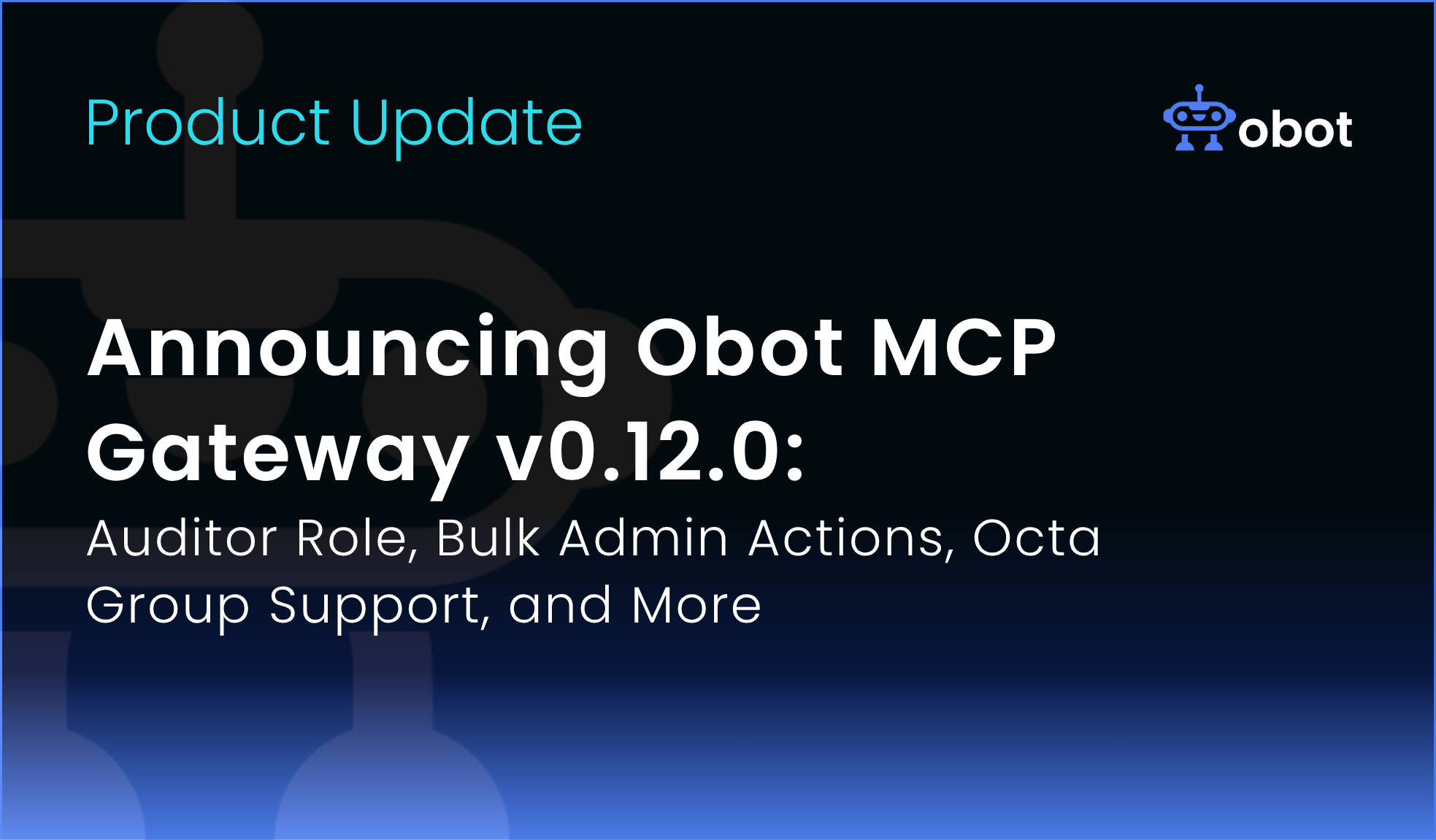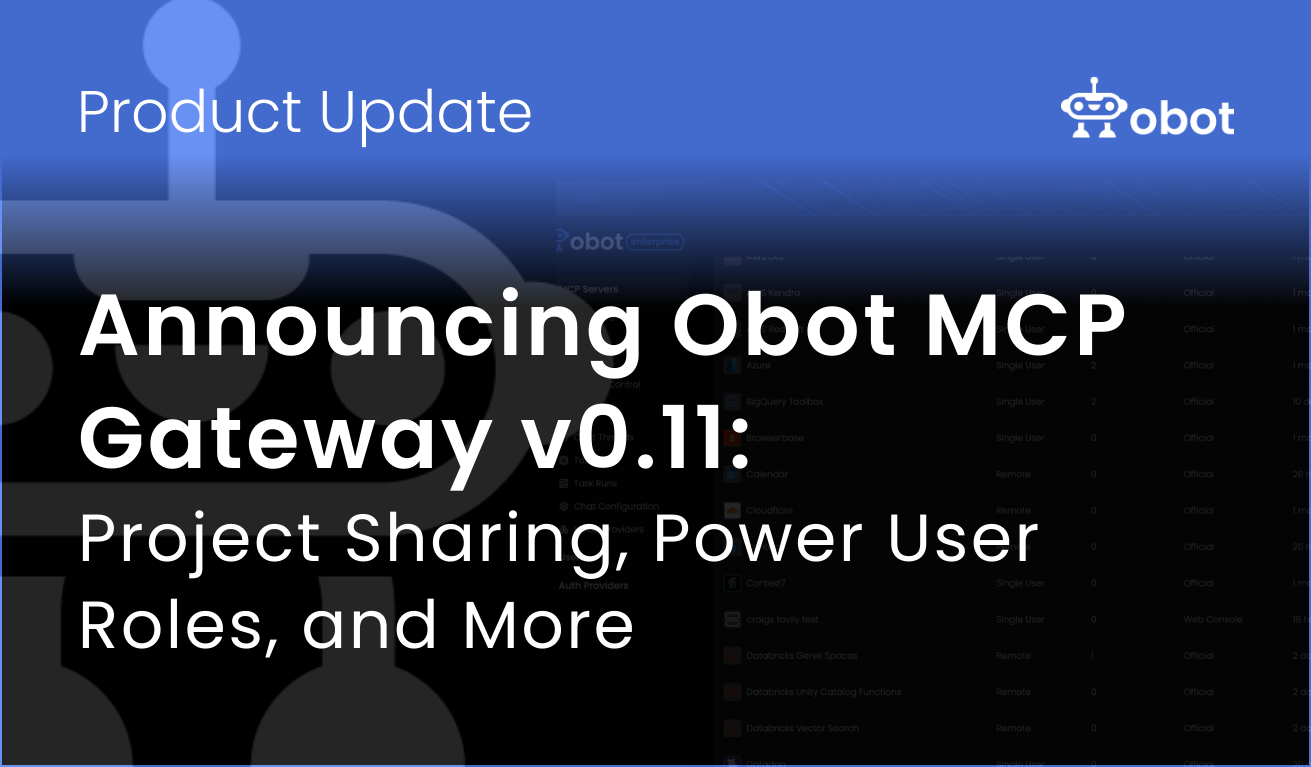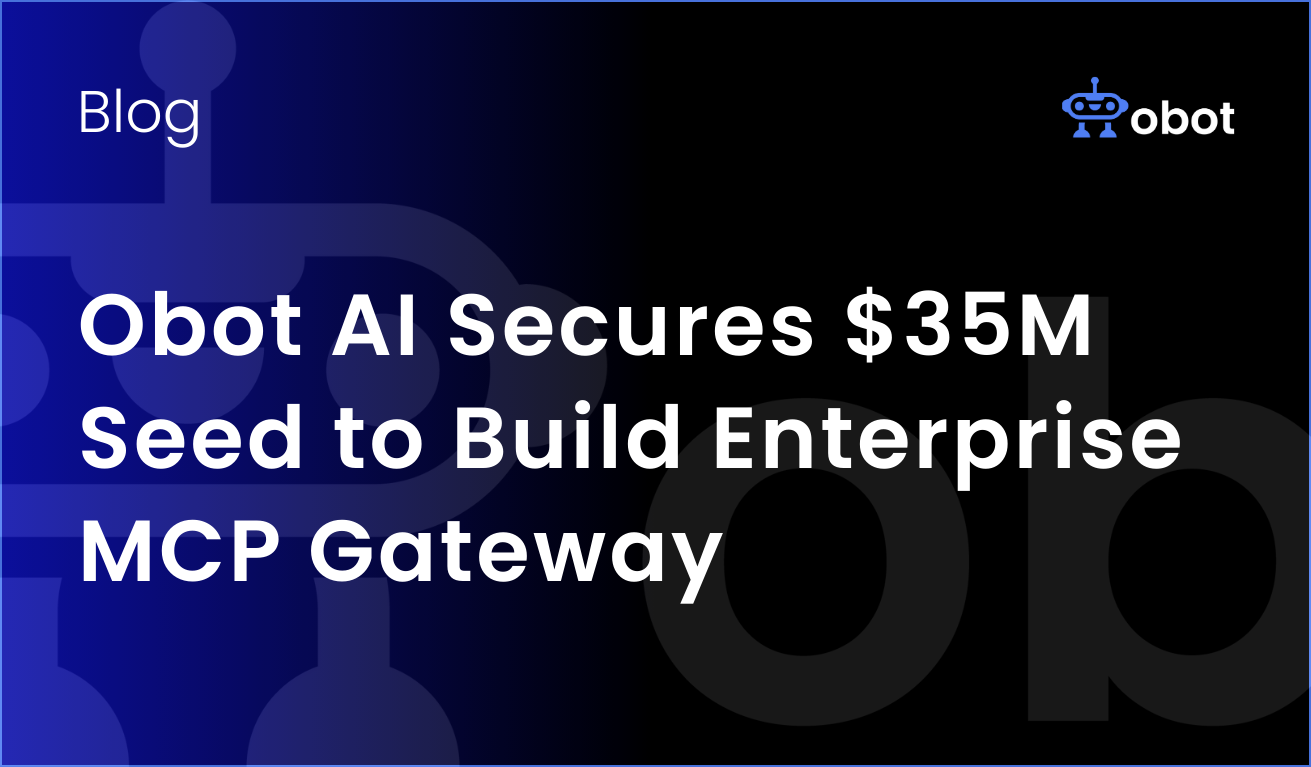After writing recently on MCP Security, Gateways, Proxies and strategy, I thought I’d discuss hosting MCPs today. Every organization has a way to host software, usually running it in the cloud on platforms like Kubernetes, so why do we even need to talk about MCP hosting. Shouldn’t organizations just run MCPs the way they run any other software. The answer is…maybe? MCP servers are a bit tricky to host, because they don’t come in just one variety, and they often require a centralized approach to monitoring and security
In this article, I’ll break down the different types of MCPs enterprises need to host, and why a a unified approach to managing could be worth the investment.
Why MCP Hosting Matters
MCP servers can unlock the power of AI inside the enterprise by exposing APIs, data sources, and applications to large language models (LLMs). But without a hosting strategy, MCPs often run in an ad-hoc, decentralized way—on individual developer laptops, internal servers, or unmanaged cloud instances.
The result? Shadow infrastructure, security blind spots, and no clear way to monitor adoption or enforce policies.
By building a platform for MCP hosting, enterprises can:
- Ensure MCP servers are deployed in a consistent, secure environment
- Provide reliable access to developers and employees across the company
- Apply centralized governance and auditing
- Enable scalable adoption of AI tools and workflows
The Three Types of MCP Servers Organizations Need to Manage
Not all MCP servers are the same. Enterprises typically need to support three main types of MCPs:
1. Single-Tenant MCPs (User-Specific Servers)
Many MCPs are designed to run locally, often on a developer’s laptop. For example, an MCP might connect an agent to a user’s local development environment, file system, or private dataset.
In an enterprise, this doesn’t scale. We addressed this in Obot MCP Gateway by hosting single-tenant MCPs remotely in Kubernetes. Each user’s MCP runs in its own secure container, isolated from others, but centrally managed by IT. This allows developers to keep using MCPs as they always have—without relying on fragile, laptop-based setups.
2. Multi-Tenant / Shared MCPs (Central Services)
Some MCPs are best hosted once and shared across multiple users. Think of an MCP that connects to Jira, Datadog, or Slack. Instead of every user spinning up their own instance, IT can run a single, multi-tenant MCP on Kubernetes through Obot, making it available to all authorized employees. OAuth can be used to authorize users and connect them with their identity on the shared platform.
This reduces infrastructure overhead, simplifies updates, and ensures consistent access to enterprise-wide services.
3. External Third-Party MCPs (Vendor-Provided)
Finally, not every MCP will be hosted inside the enterprise. Vendors and SaaS providers are beginning to offer MCP endpoints directly (e.g., from Zapier or AWS). Enterprises still need to control how these MCPs are accessed.
With Obot, external MCPs can be onboarded into the enterprise MCP catalog and routed through Obot’s proxy. This means IT retains full control and auditing capabilities, even when the MCP itself is hosted outside the organization.
A Unified Platform for MCP Hosting
Managing all three types of MCPs—single-tenant, shared, and external—requires a flexible hosting model. That’s where Obot MCP Gateway comes in.
- For IT teams, Obot provides an administrative control plane to onboard, configure, and secure MCPs—whether hosted internally or added from third parties.
- For users, Obot offers a searchable catalog and simple connection flows, making MCPs easy to discover and integrate with their AI clients.
- For enterprises, Obot acts as a secure proxy for all MCP communication, ensuring compliance, visibility, and scalability.
By combining hosting, proxying, and governance in one platform, Obot transforms MCP hosting from a fragmented problem into a streamlined enterprise capability.
The Future of MCP Hosting
As enterprises expand their AI initiatives, MCP hosting will become a foundational layer of IT infrastructure. The ability to host, manage, and govern MCPs at scale will determine how effectively organizations can unlock the full potential of AI agents and applications.
With Obot MCP Gateway, enterprises can stay ahead of the curve—building a secure, scalable platform for MCP hosting that supports innovation while protecting the business.
Ready to explore MCP hosting for your organization?
Learn more about Obot MCP Gateway and see how it can help you securely manage and scale MCP adoption across the enterprise.



